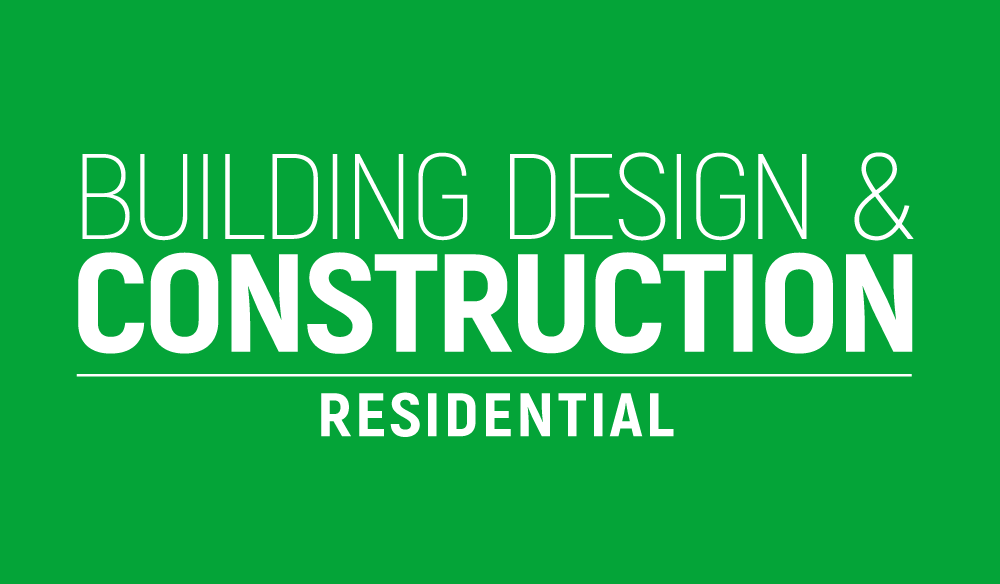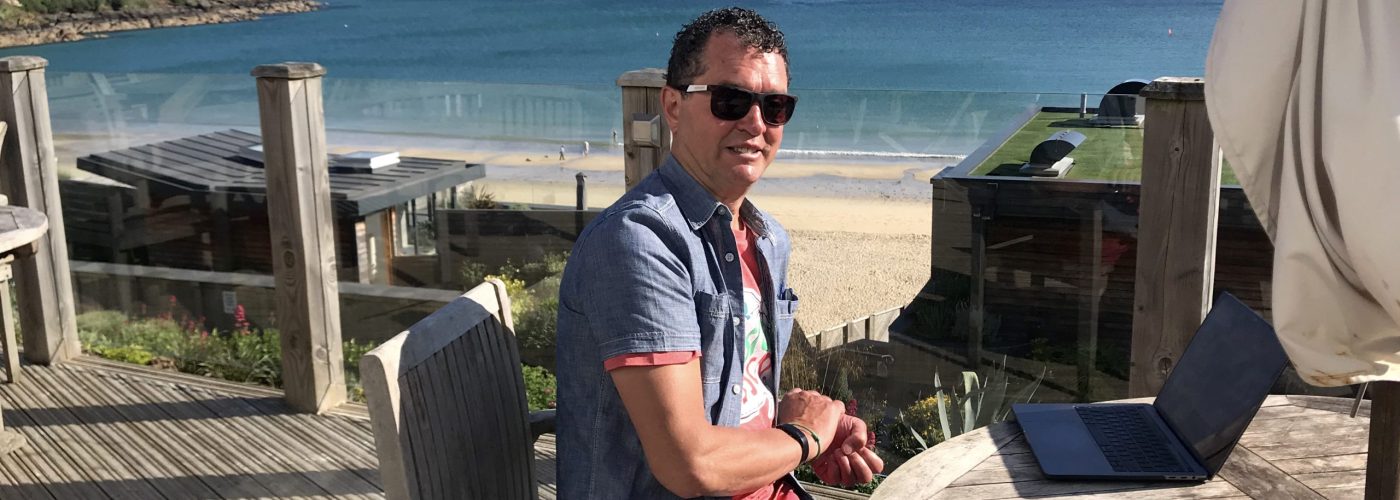Residential developer Steff Wright vlogged his thoughts on the topics to be discussed at the G7 summit whilst staying at the Carbis Bay Hotel days before world leaders are due to descend.
Chairman of Nottinghamshire based Gusto Group, Steff Wright has been building sustainable, renewable focused residential developments for over 20 years and talked passionately on camera about his vision for the future on key topics such as the climate emergency and empowering local communities.
Steff said “During a stay at the Carbis Bay Hotel and seeing the preparations underway for the G7 summit I started considering what should be discussed at a more local level. Whilst the G7 message is aimed at political leaders and global businesses mine is aimed at small local businesses, community leaders and the people in those communities who can use their lifestyle and purchasing choices to change the world.”
Steff was quick to point out that this wasn’t a rant at the current landscape as so much an opportunity for SMEs to embrace net carbon business practices far earlier than legislation might demand. “I think we should be creating healthier and more sustainable communities because that’s what people want, not just because the Government might dictate it in decades to come” Steff added.
Gusto Homes has already pledged to be net zero carbon by 2025 and vowed that no new house built by them from 2022 will be heated by gas. Steff was critical of the slow move of house builders to follow suit – “We need local planning authorities to make it mandatory for all new developments to be net zero carbon. It’s not difficult, don’t wait for Barrett’s to switch to Zero carbon in 2040 or for the likes of Persimmon who use whatever method they can to reduce their build costs and maximise profits.
By ensuring all new homes are built to zero carbon standards now, the building systems and technologies needed will become more mainstream and reduce in cost enabling the bigger challenge of improving the older existing homes in communities so they too can stay warm without burning gas and oil. Every year we delay starting this process we end up with more homes that are not fit for the future.”





